To help Aboriginal and Torres Strait Islander corporations understand what Data Sovereignty means and why it matters...
Service delivery the Malparara Way

NPY Women’s Council (NPYWC) has an approach known locally as the Malparara Way. Malparara means a person who is together with a friend or colleague. In the context of service delivery, this usually means two staff who are working together on a program. One staff member is Aṉangu and the other is a partner staff member, employed for their specific professional or technical skills.
These relationships are pivotal in ensuring NPYWC is effective in its response to sensitive community issues, such as domestic violence. They form the basis of NPYWC service delivery and are what separates the organisation from other service delivery bodies in the NPY region.
The primary aim of the Malparara Way of working is to ensure the concerns and problems of the local people are listened to and addressed in a culturally appropriate way. Malparara Way recognises and values the knowledge, skills and resources of Aṉangu, and helps them access services that are delivered in a culturally safe and effective way.
“Women’s Council project work is hard, really complicated. It can be difficult to understand, but working with a malpa (friend) makes it much easier, and the staff are much happier when they are working together. It makes difficult things much easier to understand when you are working together.”
– Tjikalyi Colin, former Aṉangu staff member
Malparara Way is very effective in ensuring quality service delivery in cross-border regions, especially given the type of work in which NPYWC is engaged. The idea of Malparara Way came from Aṉangu women as a service delivery model that would effectively and efficiently meet the needs of the local people, as well as breaking down language barriers. Malaparara Way works well because it means that service delivery can be adapted to suit the local communities’ culture, norms and values.
Alongside Malparara Way, members of NPYWC came up with their own approach to developing services for NPY communities. Their approach is an example of how Indigenous culture can go hand in hand with good corporate governance. NPYWC’s service development approach includes:
- Kulikatinyi (considering something over a long period of time)
- Nyakuakatinyi (looking for something as one goes along)
- Palyaalkatinyi (making something as one goes along)
This approach ensures services that are developed and delivered by NPYWC are continually reviewed and improved.

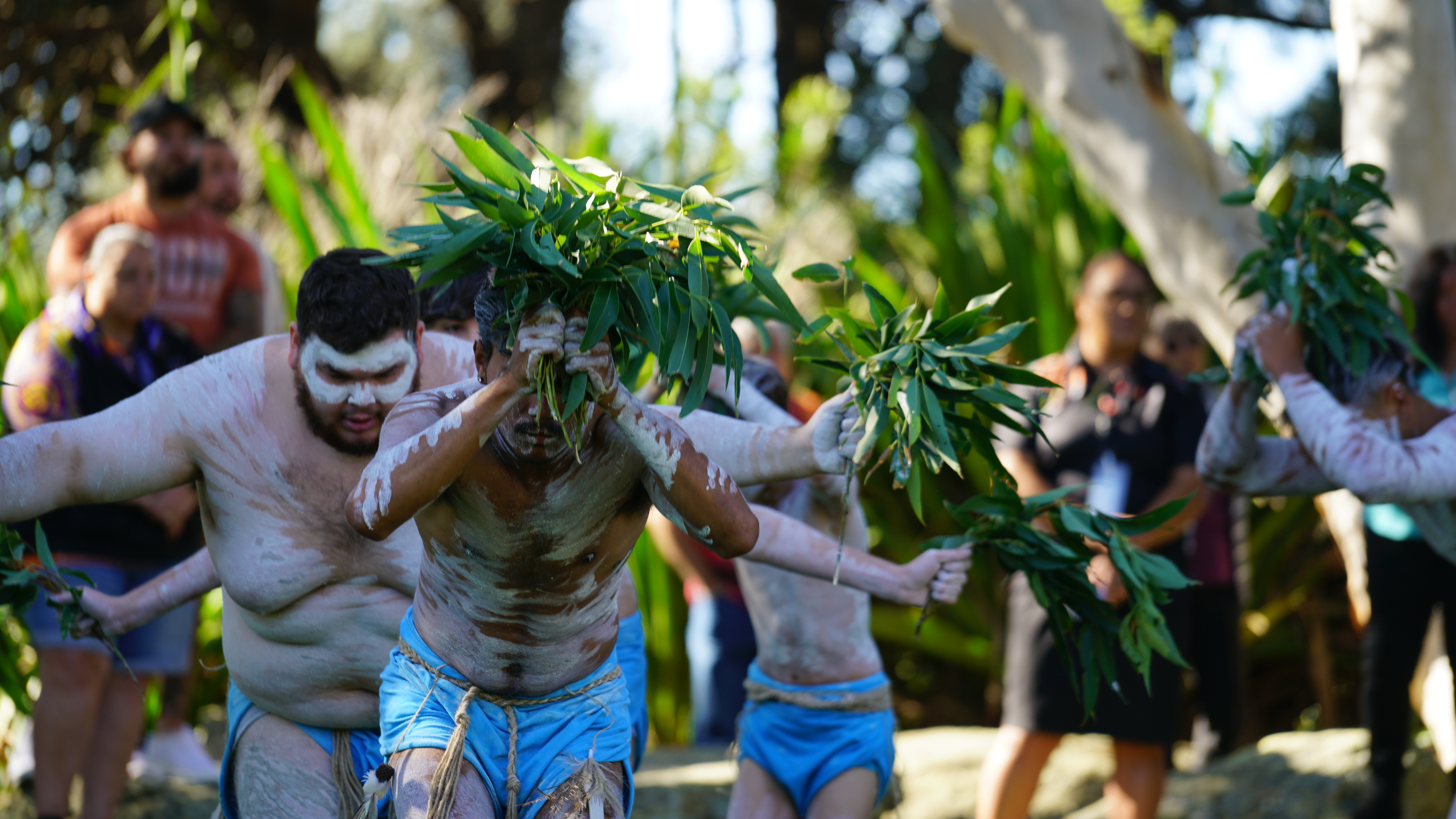
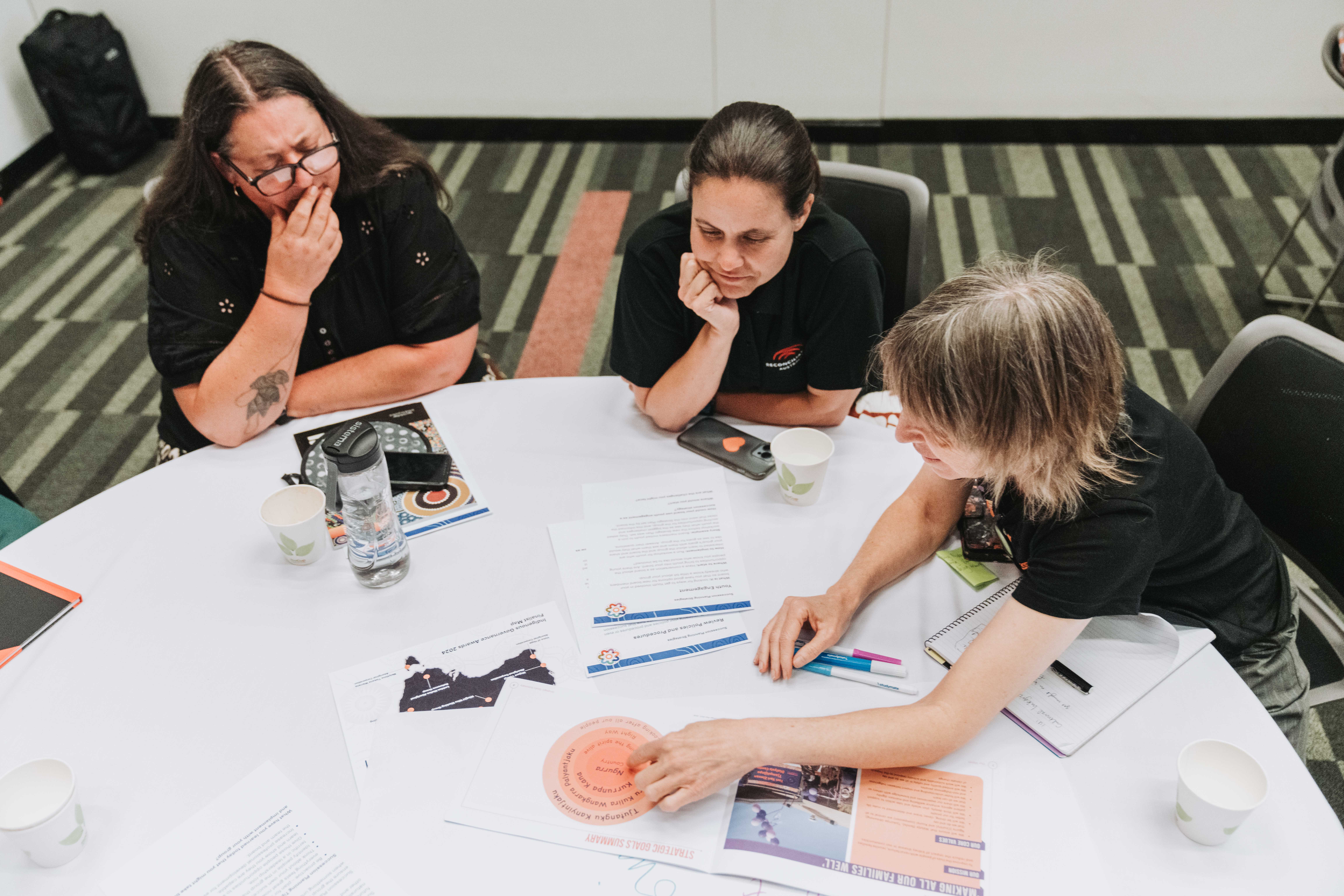
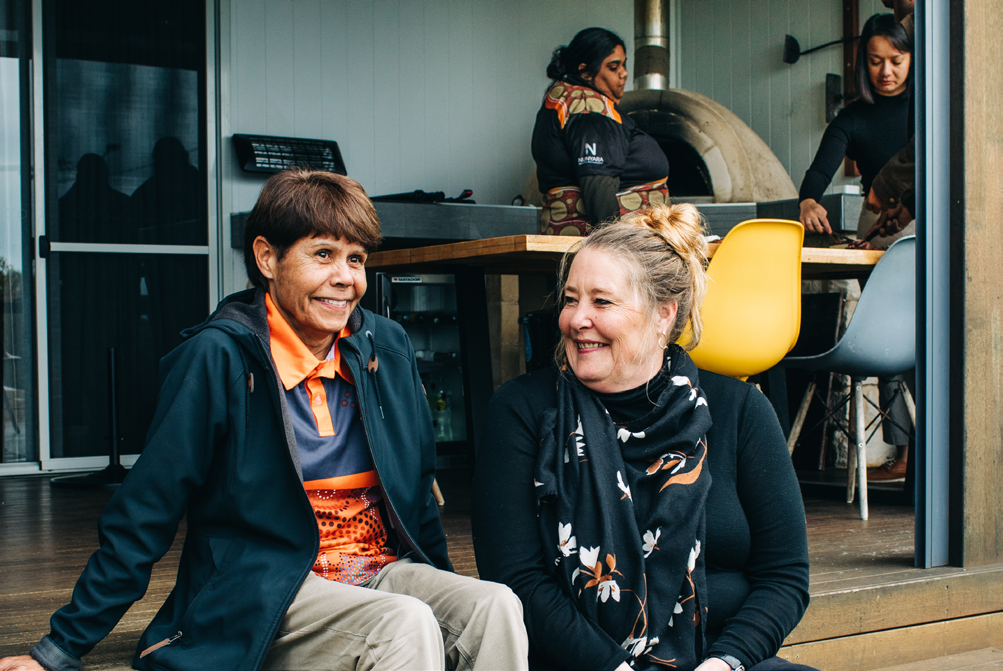

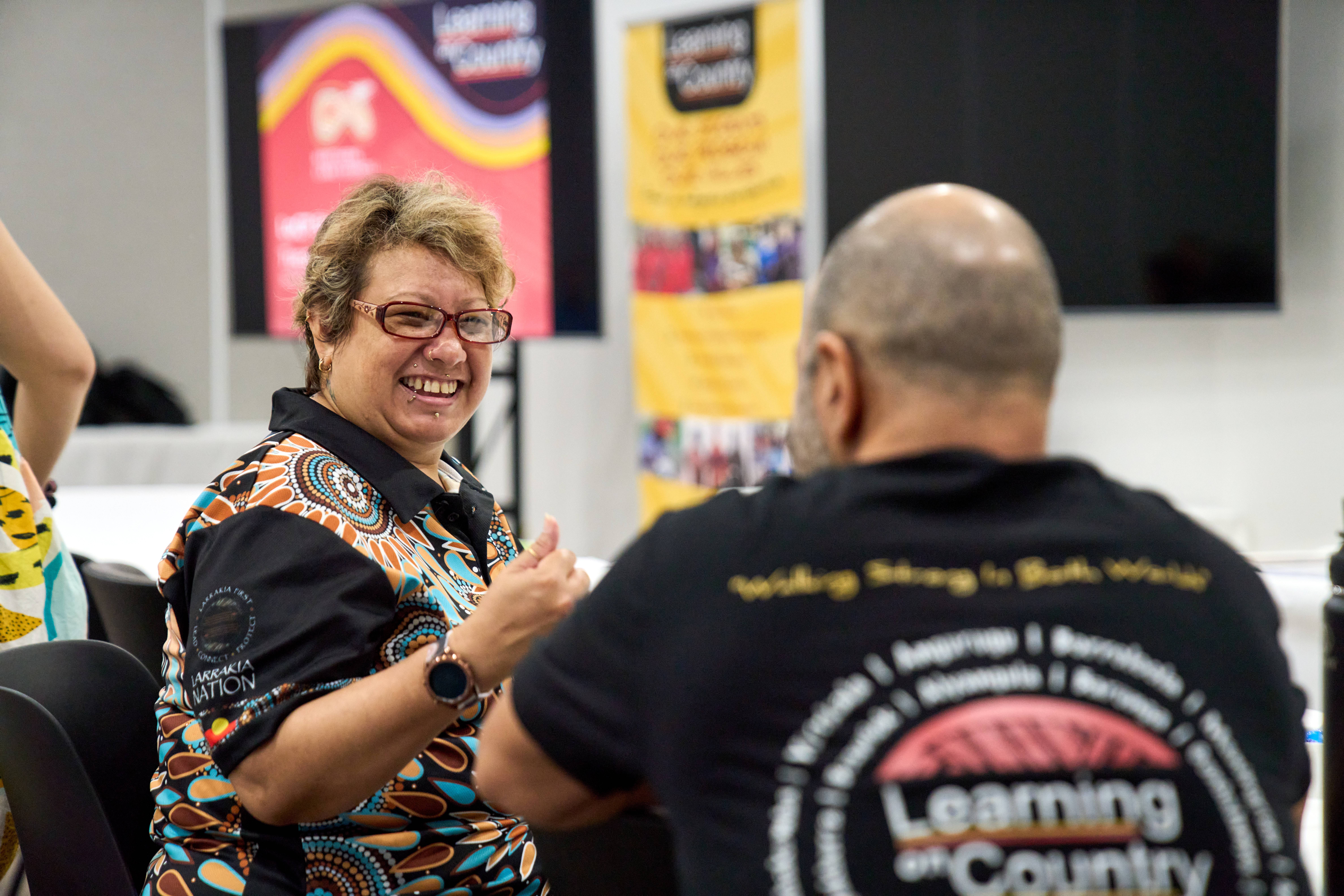
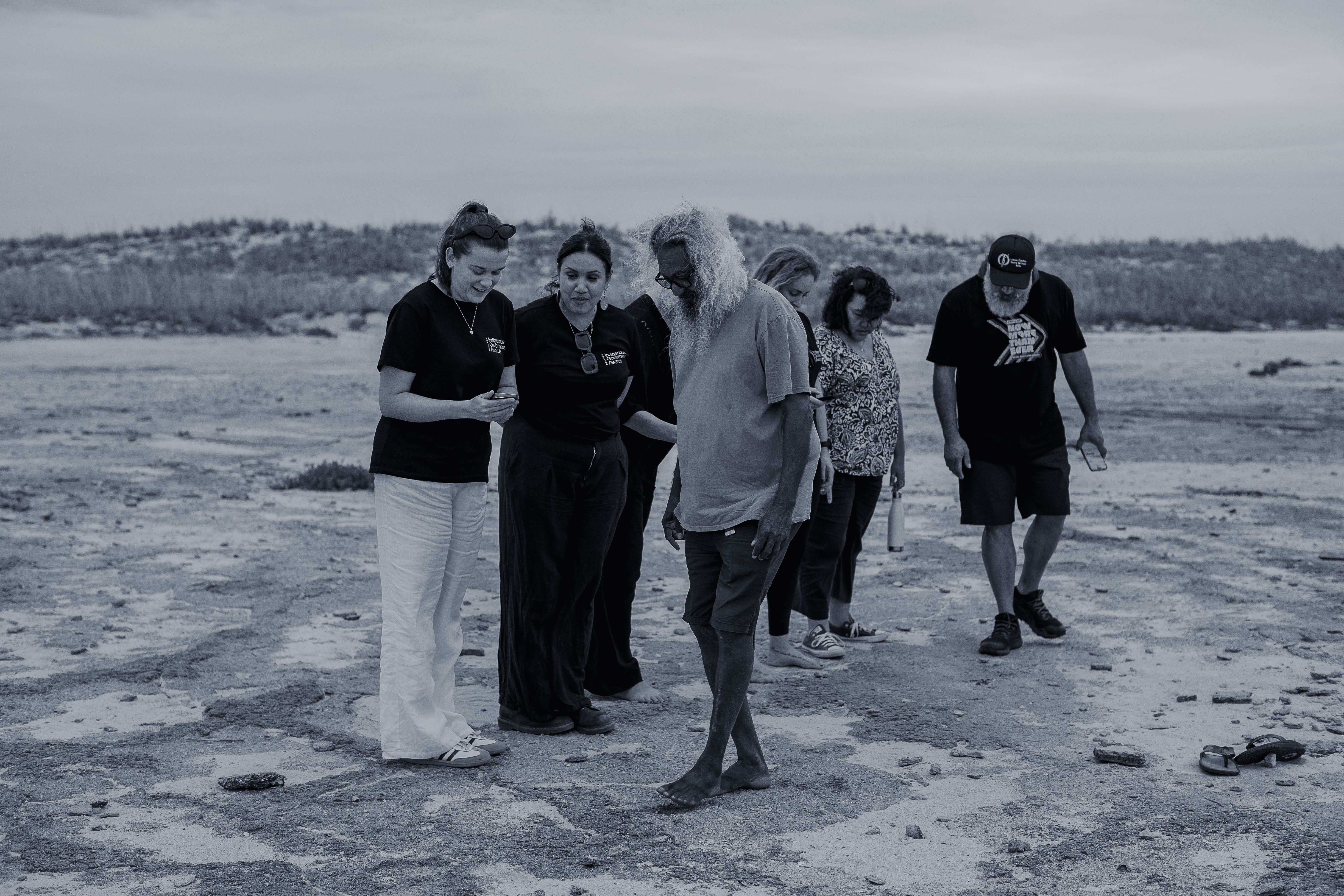
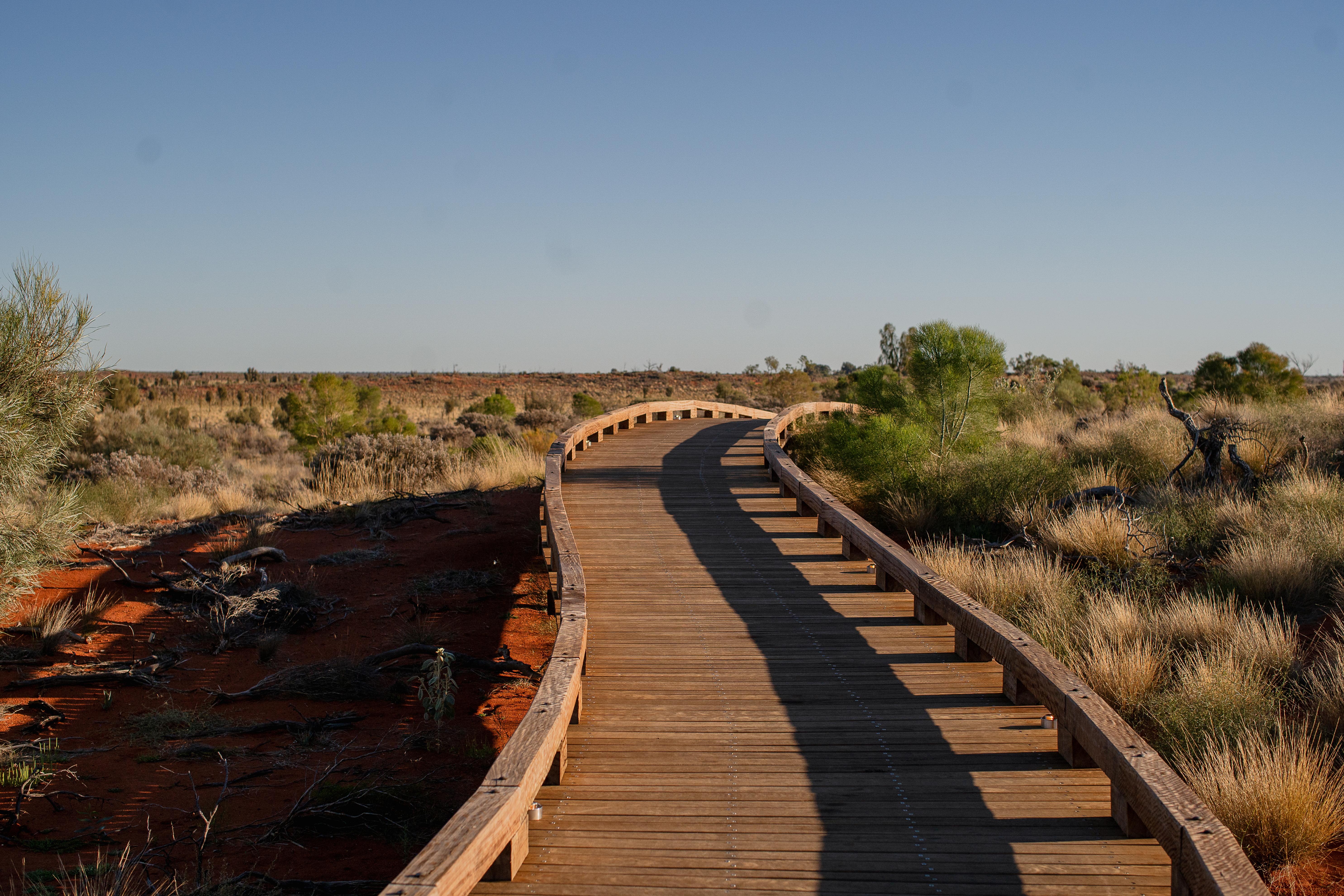
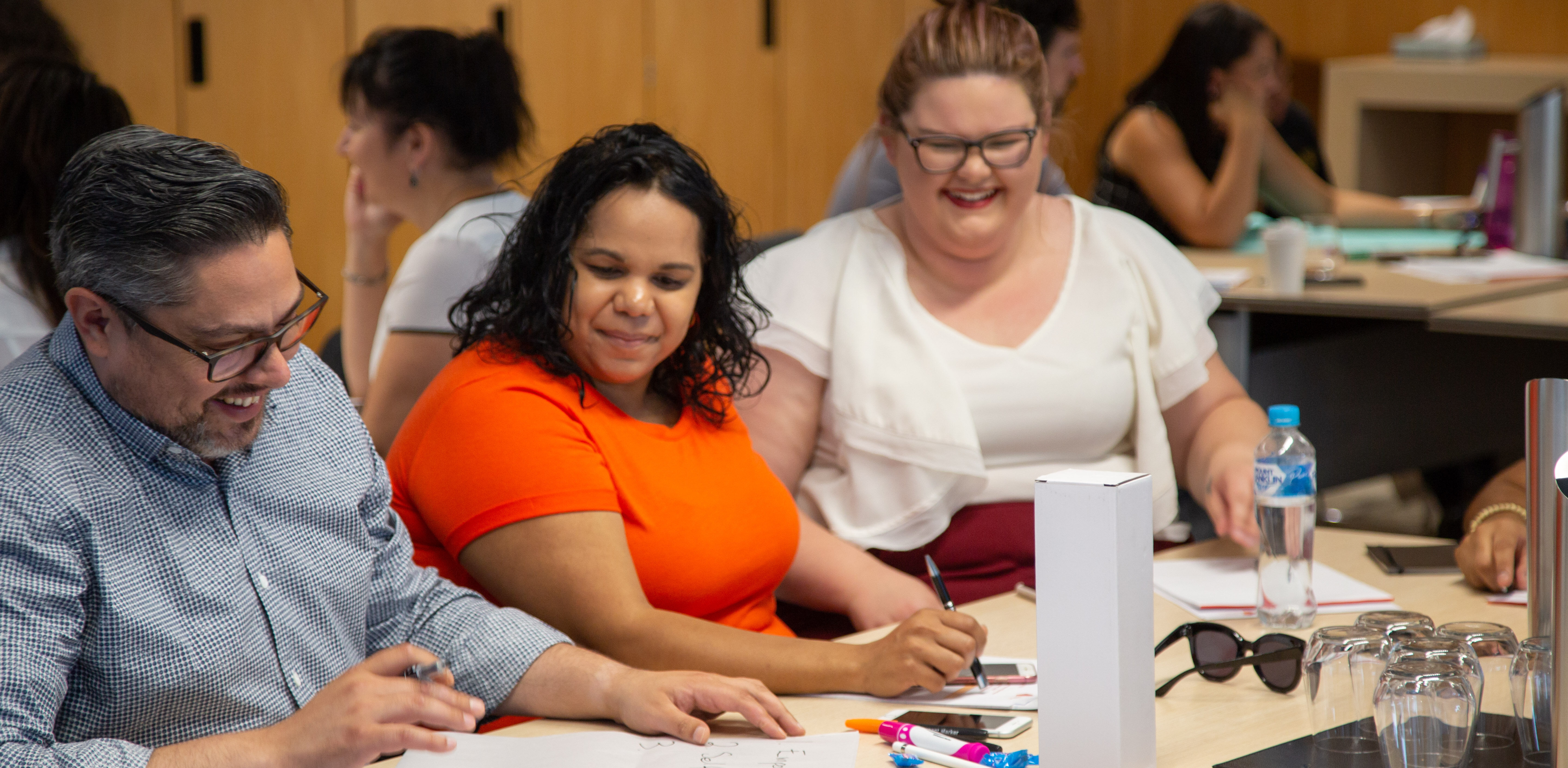
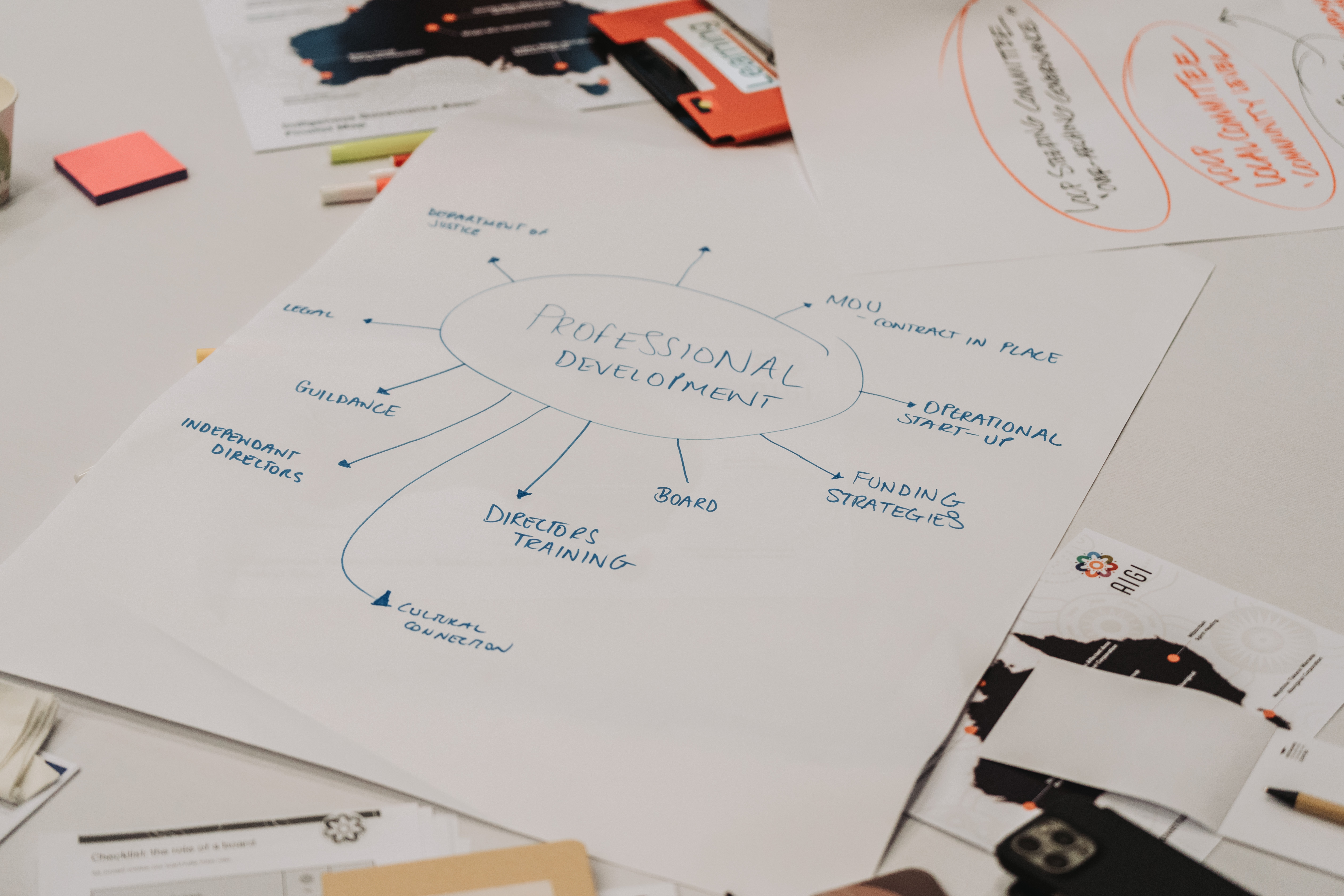
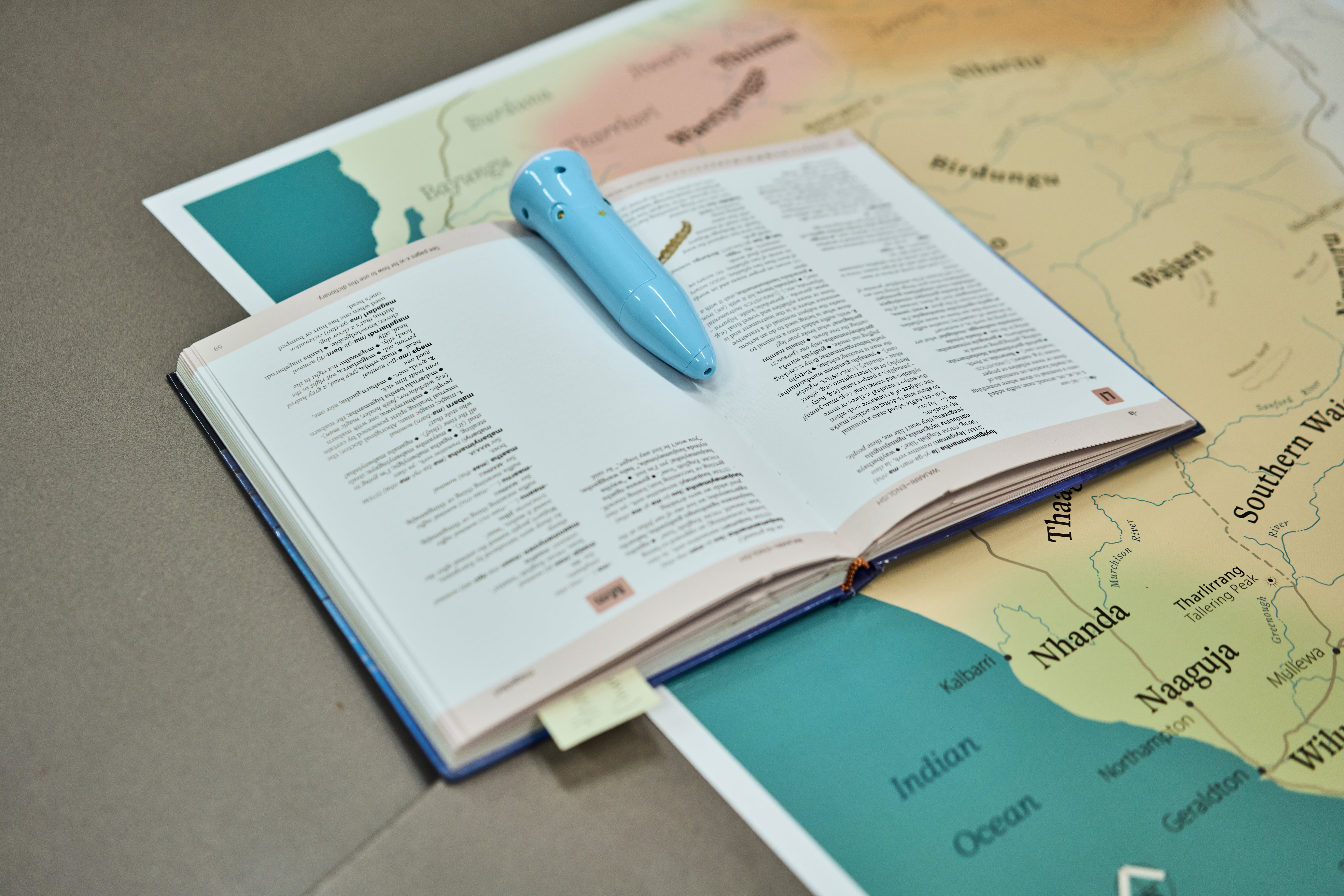

.png)

